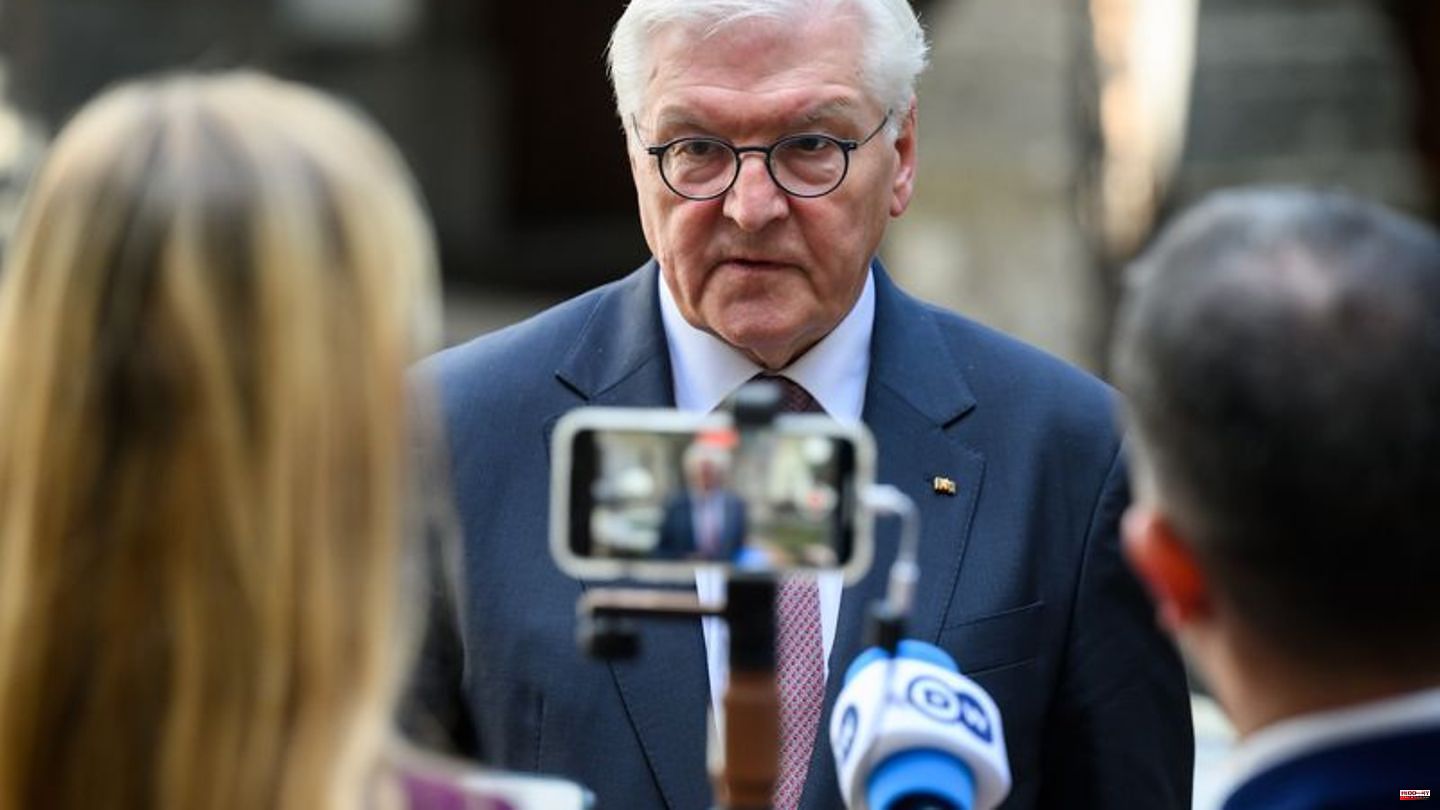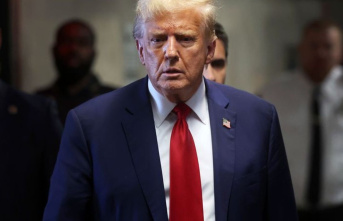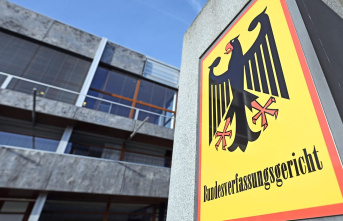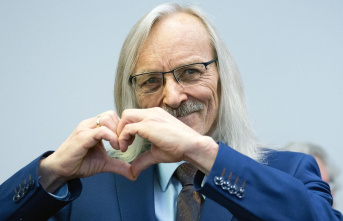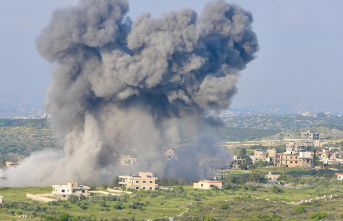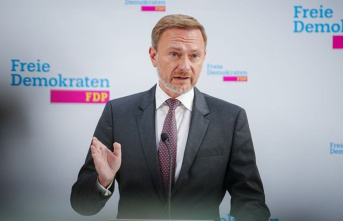Federal President Frank-Walter Steinmeier has offered the Mexican authorities more German help in searching for people who have disappeared and in clarifying cases of missing persons. "It's a drama that people who are found dead can't be identified," Steinmeier said during a visit to Mexico City, where he met relatives of the disappeared. It is not about blaming the current political leadership in Mexico, stressed the Federal President - but about how Germany can help with clarification and identification.
In the North American country, more than 105,000 people are officially missing - many are young men who were kidnapped by drug gangs or, according to relatives, disappeared after contacting the public prosecutor's office. A large majority of cases date back to 2006, when the so-called drug war began and conflict with powerful cartels became increasingly violent. Only a fraction of cases are ever solved.
105,000 is the official figure, said Karla Quintana of the national search commission founded in 2017. The actual number of missing people could be much higher, because by no means all relatives report them. For fear of reprisals, many shy away from going to the authorities, who often work with criminal syndicates.
UN: Impunity "almost absolute"
In Mexico, making people disappear is mainly a tactic used by criminals, but also by corrupt security forces. The bodies of victims are often buried secretly or even dismembered and burned to cover tracks. This was what the UN Committee Against Enforced Disappearances called the "paradigm of the perfect crime" in its Mexico report in April. The impunity is "almost absolute".
In 2014, the case of 43 students at the Ayotzinapa teaching school in the southern state of Guerrero caused an international sensation. They were detained by police officers and handed over to members of a drug cartel, who likely killed them. Only small pieces of bone from three of them have been found and identified so far.
Steinmeier wants to strengthen cooperation between the authorities
Steinmeier offered Mexican President Andrés Manuel López Obrador to intensify the existing cooperation between German and Mexican authorities. German experts help to identify victims, primarily with forensic means. "I believe that we have very good skills there, which we have hopefully offered in other places and at other events abroad," said Steinmeier. It is a drama for the families not to know anything about the fate of their relatives.
Steinmeier spoke to three women in Mexico City whose brothers or sons are missing. She expects German engagement to speed up the investigation, said Ana Enamorado, whose son was probably kidnapped by a drug cartel in 2010. Above all, however, those responsible must finally be punished - "otherwise the missing persons will not stop".
Lenit Enríquez Orozco, whose brother Johnny disappeared in 2015, primarily criticized state violence and blamed the police and public prosecutors. No one can tell her why her brother disappeared, one only hears that if you don't have dirt on your hands, you don't have to fear anything. Even a change of government and a change of personnel in the public prosecutor's office would not have brought any improvement. They received no information from the authorities, the relatives reported. That's why families got together to put public pressure on them.
The families of the missing suffer above all from the uncertainty. They are incapable of grieving and often devote their entire lives to the quest. Many have formed groups, search for mass graves in dangerous regions of the country on their own and dig for the corpses with their bare hands, shovels and pickaxes. They have found thousands of human remains in recent years. Mexican human rights organizations criticize the lack of political will to consistently implement laws and reforms.

